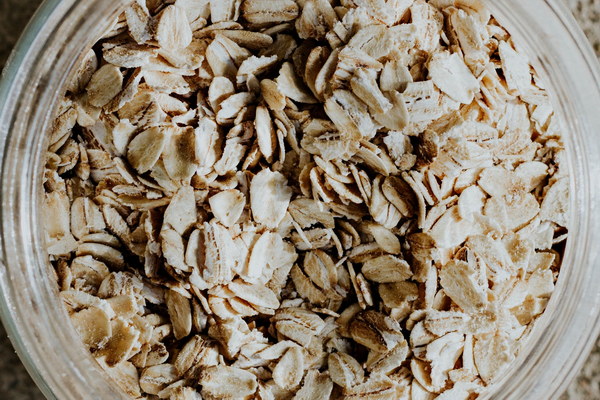Nurturing Your Lungs A Guide to Lung Health Enhancing Medicines
Introduction:
Lung health is a critical aspect of overall well-being, as the lungs play a vital role in breathing and oxygenating the body. With the increasing prevalence of respiratory issues, it is essential to understand the importance of lung health and the various medications available to support it. In this article, we will explore the concept of lung health-enhancing medicines, commonly known as lung-nurturing, lung-cultivating, lung-cleaning, and lung-nourishing drugs. These medications aim to improve lung function, reduce inflammation, and support respiratory health.
Lung-Nurturing Medicines:
Lung-nurturing medicines are designed to enhance lung function and overall respiratory health. These drugs are often used in the treatment and prevention of respiratory conditions, such as asthma, chronic obstructive pulmonary disease (COPD), and bronchitis.
1. Bronchodilators:
Bronchodilators are a class of lung-nurturing medicines that help to relax the muscles around the airways, making it easier to breathe. They are commonly used in the management of asthma and COPD. Examples include short-acting beta-agonists (SABAs) like albuterol and long-acting beta-agonists (LABAs) like salmeterol.
2. Inhaled Corticosteroids:
Inhaled corticosteroids are another type of lung-nurturing medicine that reduce inflammation in the airways. They are often used in the long-term management of asthma and COPD. Commonly prescribed inhaled corticosteroids include fluticasone, budesonide, and mometasone.
3. Mucolytics:
Mucolytics are lung-nurturing drugs that help to thin and loosen mucus in the airways, making it easier to cough up. This is particularly beneficial for individuals with conditions like chronic bronchitis and COPD. Examples of mucolytics include acetylcysteine, dornase alfa, and hypertonic saline.
4. Antiviral and Antibiotics:
In cases where lung infections are present, antiviral and antibiotic medications can be used to treat the infection and support lung health. These drugs help to eliminate the infectious agent and reduce inflammation in the airways. Commonly prescribed antivirals and antibiotics include oseltamivir (Tamiflu) and azithromycin.
Lung-Cultivating Medicines:
Lung-cultivating medicines focus on strengthening and improving lung function over time. These drugs are often used as part of a comprehensive lung health regimen, alongside other treatments and lifestyle modifications.
1. Traditional Chinese Medicine (TCM):
Traditional Chinese Medicine (TCM) offers various lung-cultivating remedies, including herbal formulas and natural extracts. These remedies aim to improve lung function, boost immune system, and reduce inflammation. Common TCM lung-cultivating herbs include astragalus, codonopsis, and ginseng.
2. Omega-3 Fatty Acids:
Omega-3 fatty acids are essential nutrients that have been shown to have lung-cultivating properties. They can help reduce inflammation in the airways and improve lung function. Omega-3 fatty acids are found in foods like fish, flaxseeds, and walnuts, as well as in supplement form.
3. N-acetylcysteine (NAC):
N-acetylcysteine is a lung-cultivating medication that helps to break down mucus and improve lung function. It is often used in the treatment of cystic fibrosis and chronic bronchitis. NAC can be taken as a supplement or prescribed by a healthcare professional.

Lung-Cleaning Medicines:
Lung-cleaning medicines aim to remove harmful substances from the lungs and reduce the risk of respiratory infections. These drugs are often used in the prevention and treatment of lung diseases.
1. Pulmonary Hygiene:
Pulmonary hygiene techniques, such as chest physiotherapy, help to remove mucus and secretions from the lungs. These techniques can be performed by a healthcare professional or at home with the use of devices like a nebulizer or a mist inhaler.
2. Air Purifiers:
Using air purifiers in the home can help reduce exposure to pollutants and allergens, which can contribute to lung disease. Air purifiers can trap particles, dust, and mold spores, improving indoor air quality and promoting lung health.
Lung-Nourishing Medicines:
Lung-nourishing medicines focus on providing the necessary nutrients and support for optimal lung function and repair. These drugs can help strengthen the lungs and improve overall respiratory health.
1. Vitamin D:
Vitamin D is a lung-nourishing nutrient that has been shown to reduce the risk of respiratory infections and improve lung function. It can be obtained through sunlight exposure, dietary sources, or supplementation.
2. Antioxidants:
Antioxidants, such as vitamin C, vitamin E, and selenium,









